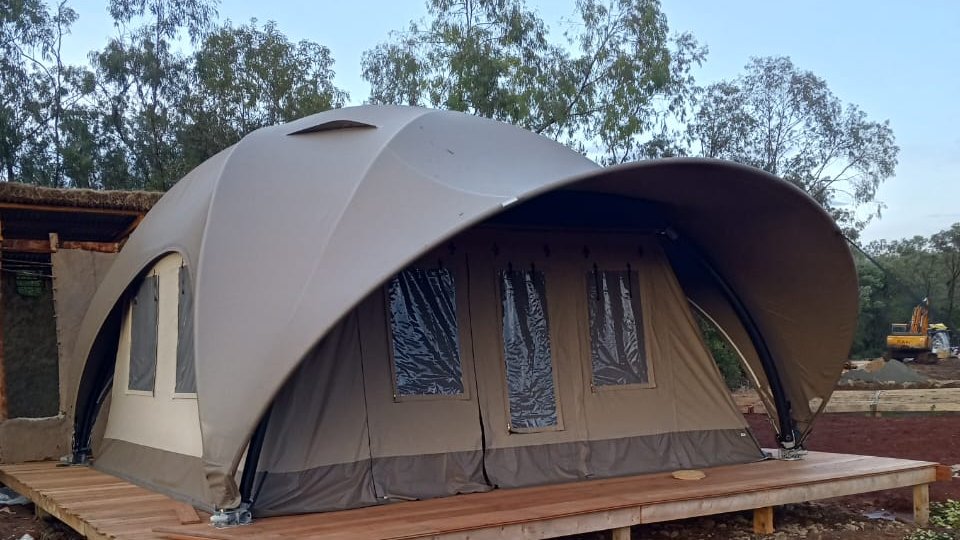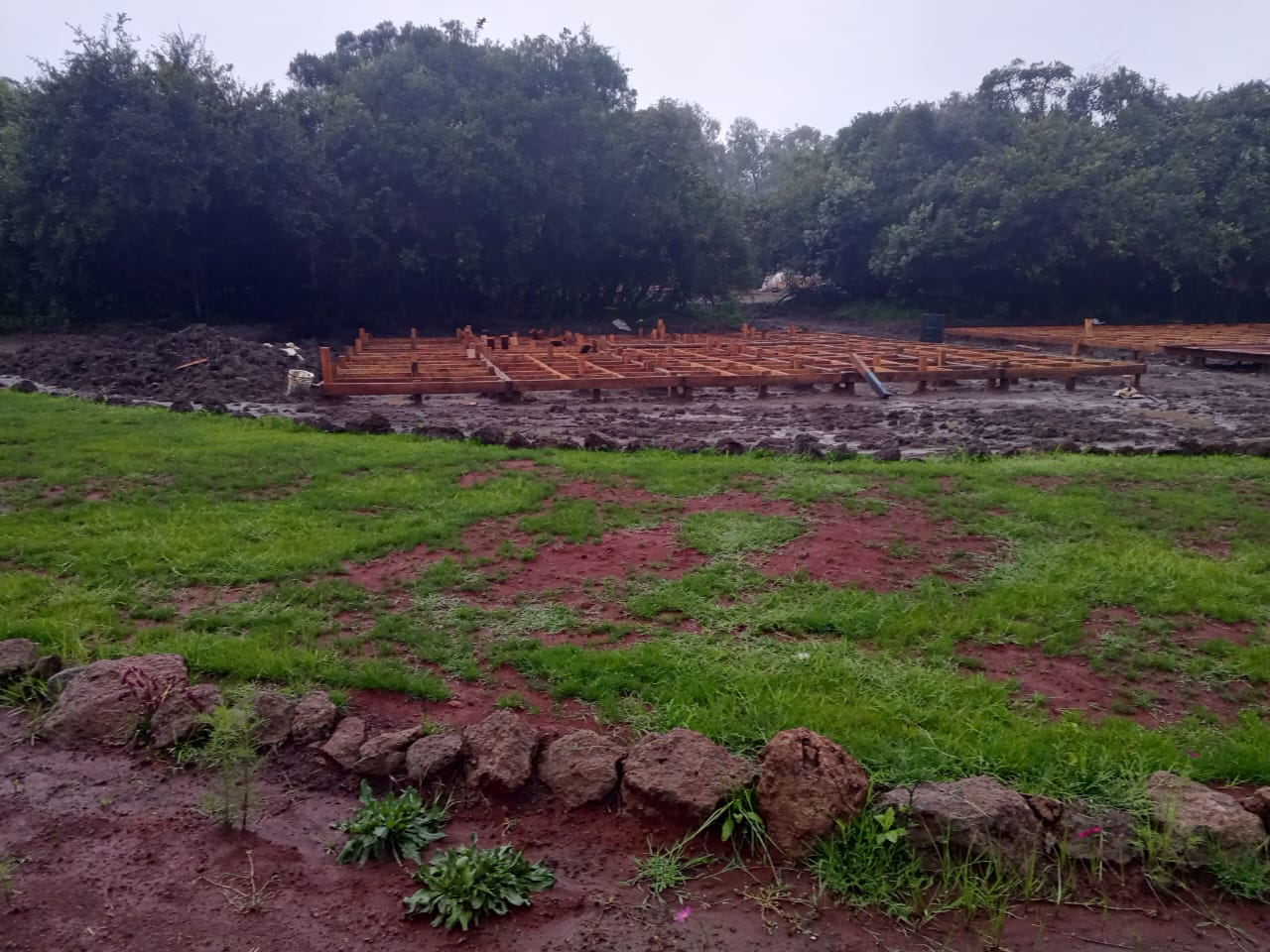A luxury hotel is quietly rising in the heart of Nairobi’s Ngong Road Forest. Yet, this green haven is protected land—vital for the city’s water, air, and biodiversity. Now, environmentalists are crying foul, accusing the government of ignoring the law to favor private developers.
The Green Belt Movement (GBM) has formally demanded that the Kenya Forest Service (KFS) halt the hotel’s construction. However, questions remain: Who approved this project?
Why is the identity of the developer a secret? And what is Environment Cabinet Secretary Deborah Barasa doing—if anything—to stop this environmental crime?

How the Controversial Hotel in Ngong Forest Threatens a National Treasure
Ngong Road Forest is more than just trees—it’s one of Nairobi’s last remaining green belts. It cleans the air, protects water catchment areas, and offers a safe space for recreation and biodiversity. But now, bulldozers and concrete are taking over.
The Green Belt Movement, founded by the late Nobel laureate Wangari Maathai, says this construction violates multiple environmental laws. In a stern demand letter, the movement called on the Kenya Forest Service to come clean about who the mysterious developer is and how they got access to protected land.
“It has come to our attention that a private developer has begun construction within this forest area. This development, if confirmed, raises serious environmental, legal, and ethical concerns,” the GBM wrote.
They also demanded to see the Environmental Impact Assessment (EIA) report and any licenses issued by the National Environment Management Authority (NEMA).
But this isn’t the first time Ngong Forest has been under threat. Just months ago, KFS had to withdraw permits for a golf course and a restaurant after public outcry.
At the time, former CS Aden Duale swiftly revoked the licenses, calling the development a clear violation of environmental policy. So why is a hotel being allowed to continue?
CS Deborah Barasa Faces Criticism Over Inaction Controversial Hotel in Ngong Forest
All eyes are now on Environment Cabinet Secretary Deborah Barasa. Since her move from the Ministry of Health, critics say her track record has been marked by delay, confusion, and incompetence. Now, environmental advocates fear she is doing little—or nothing—to stop this fresh assault on a protected forest.
Barasa has yet to issue a public statement or visit the site. This silence raises tough questions. Is she turning a blind eye to environmental abuse? Or is she actively enabling it?
Her ministry is mandated to enforce environmental protection laws. But under her leadership, the government has lifted bans on logging, allocated forest land for commercial projects, and looked the other way as developers push into green spaces. This latest construction may prove to be her most telling failure.

Private Developers Continue to Encroach as Watchdogs Sound the Alarm
Environmental watchdogs like the GBM are fighting an uphill battle. Green spaces across Kenya are being swallowed up in the name of development. In Nairobi alone, forests such as Karura and Oloolua have faced similar threats.
But the situation in Ngong Road Forest is particularly alarming. For years, it has served as a vital ecological buffer in a rapidly growing city. Encroaching on it means endangering water sources, wildlife, and the health of Nairobi’s residents.
The secrecy surrounding the hotel project is even more troubling. Who is the developer? How did they acquire access to protected land? Was the proper legal process followed?
These are not just questions for the KFS and NEMA—they are questions for Deborah Barasa. If her ministry cannot stop illegal building in a protected forest, what is it really protecting?
The Future of Nairobi’s Forests Depends on Accountability
This is a pivotal moment for environmental governance in Kenya. The construction of a hotel in Ngong Road Forest is not just a legal violation. It is a betrayal of public trust.
Kenya has hosted climate summits and made bold commitments to environmental conservation. Yet, on the ground, green spaces are being sold off in silence.
The Green Belt Movement’s demand letter is a wake-up call. Citizens, environmentalists, and lawmakers must now demand full transparency and immediate action. The construction must stop, and those responsible must be held accountable.










































